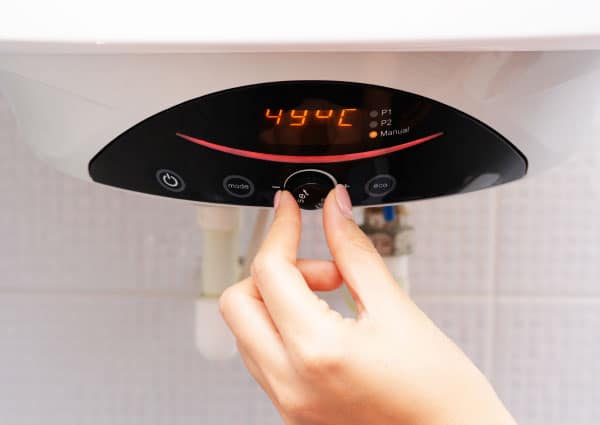The article down below involving Common Hot Water Heater Problems is amazingly attention-grabbing. Have a go and draw your own personal results.

A water heater is among one of the most vital fundamental devices that can be discovered in a house. With water heaters, you don't require to undergo the anxiety of home heating water manually each time there is a requirement to wash, do the laundry, or the meals. However, there is always a possibility that your hot water heater would act up similar to the majority of mechanical devices.
It is very important to note any little malfunction and tackle it rapidly before points leave hand. The majority of times, your water heater begins to malfunction when there is a build-up of sediments as a result of continuous use. As a safety measure, regular flushing of your hot water heater is recommended to prevent sediment build-up and also prevent practical failure.
Usual hot water heater emergency situations and exactly how to manage them
Too little warm water
It may be that the water heating unit can't support the hot water need for your home. You might update your water heater to one with a bigger capability.
Varying water temperature level.
Your water heating system might begin creating water of different temperature levels usually ice chilly or scalding warm. There could be a demand to replace either the home heating or the thermostat unit of your water heating system.
Dripping hot water heater container.
In this situation, you should turn off your water heater, allow it to cool down, and meticulously look for the resource of the issue. At times, all you require to do is to tighten up a few screws or pipeline connections in instances of small leaks. If this doesn't function and the leakage continues, you may need to use the solutions of a technician for an appropriate substitute.
Stained or odiferous water
You need to know if the concern is from the tank or the water source when this takes place. If there is no amusing scent when you run cold water, then you are certain that it is your water heater that is damaged. The odiferous water can be triggered by corrosion or the accumulation of bacteria or debris in the hot water heater container. As soon as you observe this, you can try flushing out your storage tank or changing the anode if the problem lingers. The feature of the anode is to clean out germs from your tank. Considering that the anode pole substitute requires a comprehensive knowledge of your water furnace, you will require the assistance of a professional.
Conclusion
Some property owners disregard little warning and minor faults in their water heater device. This only results in further damage as well as a possible full breakdown of your home appliance. You should take care of your hot water heater mistakes as soon as they come near prevent even more expenses and also unneeded emergency problems.
With water heating units, you don't need to go via the stress and anxiety of home heating water manually every time there is a demand to take a bathroom, do the laundry, or the recipes. It might be that the water heating unit can't support the warm water need for your home. Your water heating unit might start generating water of various temperature levels usually ice cold or hot warm. If there is no amusing odor when you run cool water, after that you are certain that it is your water heating system that is malfunctioning. The smelly water can be caused by rust or the buildup of germs or debris in the water heating system tank.
Common Water Heater Issues and What You Should Do
What Type of Water Heater Do You Have?
Before we begin it’s first important that you identify the type of water heater you have on your property. There are two main types of water heaters out there: conventional and high efficiency.
Both of these types of products typically use either gas or electricity to heat power. There are also solar water heaters that use a thermal collector on the roof or yard to heat the water.
While these models are not as common, they can cut heating costs in half. In this article, we will focus on conventional and high efficiency.
How Do My Electric and Gas Water Heater Work?
Though they look similar, electric and gas water heaters work very differently. It’s important to know their basic function because often problems can be specific to the heating source.
In the electric model, a thermostat on the side of the machine detects the temperature of the water in the tank. When the temperature needs to rise electricity flows to a heating element suspended in the water.
Gas models also use a thermostat device — typically with a mercury sensor at the tip and an additional sensor called a thermocouple. The thermocouple detects whether the pilot light is on and controls the flow of gas.
When the thermostat drops below the appropriate level gas is released which becomes ignited by the pilot light. The flame heats the bottom of the water tank which causes hot water to rise and cold water to drop.
This natural circulation continues until the water reaches the desired temperature. Then, the thermostat triggers the gas control valve to shut off the flow of gas.
What Are the Most Common Issues and How Do You Fix Them?
https://happyhiller.com/blog/common-water-heater-issues-and-what-you-should-do/

Do you really like reading up on The Importance of Water Heater Maintenance? Put a remark directly below. We would be glad to see your suggestions about this posting. In hopes that you visit us again soon. Do you know somebody else who is in to the topic? Be sure promote it. Many thanks for your time. Kindly check our website back soon.
Get it sorted!